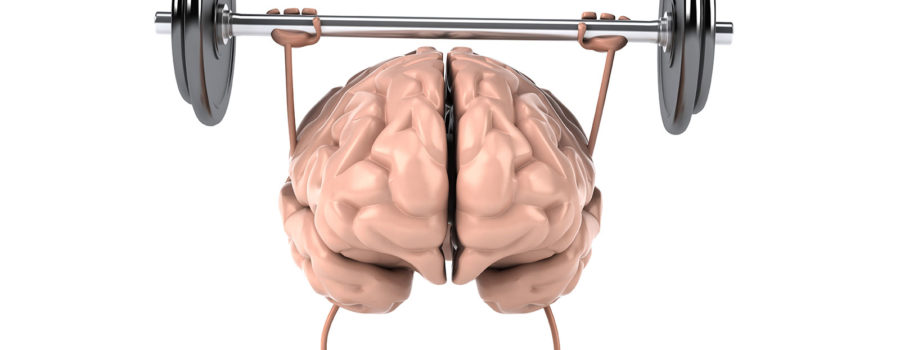If you’ve ever had a parent or loved one suffer from Alzheimer’s or dementia, you know how devastating the disease can be. It was hard to watch my mother-in-law’s gradual deterioration in thinking, memory, communication, and eventually the worsening of her entire body, as the disease progressed.
There are currently 5.2 million Americans with Alzheimer’s, and the projection is that there will be 14 million by the year 2050 with the aging of the baby boom generation. While the cause of Alzheimer’s disease is not clear, there are several chronic conditions that are known to contribute to the disease, many of which are attributed to lifestyle habits. Some of these risk factors include: hypertension, diabetes, obesity, excessive alcohol, and high cholesterol.
As we get older, occasional forgetfulness—or “senior moments”—are normal. If you sometimes forget what you were going to the store for, have trouble finding the right word, or occasionally misplace your keys or wallet, it’s not likely that you have the onset of dementia.
However, according to the Mayo Clinic on Healthy Aging (2013), difficulty remembering familiar tasks, confusion with time and place, problems reading, speaking or writing, and dramatic changes in personality (fearful, anxious, or depressed) could signal something more serious and should be checked out.
So what can you do to keep your brain healthy and your memory sharp as you age? Essentially, many of the same lifestyle habits that keep your body healthy, positively impact your brain as well.
- Get moving—With exercise, blood flow increases throughout the body including your brain. The hippocampus—which plays an important role in memory functioning and is one of the first parts of the brain to suffer damage in Alzheimer’s disease—is highly active during exercise. When neurons rev up, cognitive function improves. Aerobic exercise has actually been shown to reverse hippocampal shrinkage and boost memory.
- Eat well—Diets high in saturated fats and refined sugars have been associated with an increased risk of Alzheimer’s. Healthy brain foods include those rich in: Omega 3 fatty acids (salmon, walnuts, pumpkin seeds, flaxseed), antioxidants (beans, blueberries, cranberries, artichokes), whole grains (oatmeal, quinoa, brown rice), and choline (eggs, beef, cauliflower, tofu, peanuts).
- Sleep—Are you consistently getting 7-8 hours of sleep each night? Sleep is crucial to your brain’s ability to learn and remember. While you sleep, the brain processes information from the day to form memories and helps to make those memories stick so that they can be recalled later.
- Reduce stress—Chronic stress can do damage to the nerve cells of the brain. It can actually reduce the size of the hippocampus and lead to memory impairment.
- Learn something new—Like the muscles in your body, the brain benefits from a good workout as well. According to research on neuroplasticity, our brains can continue to grow and develop new neural pathways throughout our lives—well into our 80’s, 90’s, and beyond—so it’s important to be a continual learner. Try studying a foreign language, playing a musical instrument, cooking a new recipe, taking an art class, or learning tai chi.
So to keep your brain in shape as you get older, stay engaged —both mentally and physically. Eat and sleep well, and manage your stress. A healthy lifestyle can play a big role in keeping the brain’s neurotransmitters firing on all cylinders!





Leave a Reply
Your email is safe with us.